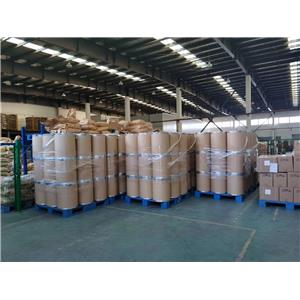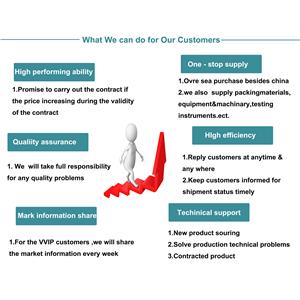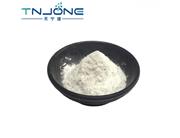Manufacturer Provide Veterinary Medicine Raw Powder CAS63428-13-7 Tylvalosin Tartrate

Introduction
1.Product Name: Tylvalosin Tartrate
2.Other name: Acetylisovaleryltylosin Tartrate/Tylosin 3-acetate 4B-(3-methylbutanoate) (2R,3R)-2,3-dihydroxybutanedioate
3.CAS NO:63428-13-7
4.Purity: 99%min
5.Appearance:White Powder
6.Molecular formula: C57H93NO25
7.EINECS NO. :256-145-7
8.Molecular weight:1192.35
9.Melting Point :208 - 211°C(lit.)
10.Storage:Keep in a cool, dry, dark location
Pharmacological Actions:Pharmacodynamics: Tylosin is an animal-specific macrolide antibiotic, which has a strong effect on mycoplasma. The antibacterial spectrum is similar to erythromycin. The sensitive gram-positive bacteria include Staphylococcus aureus (including penicillin-resistant Staphylococcus aureus), pneumococcus, streptococcus, Bacillus anthracis, Erysipelas, Listeria, and Clostridium putrefaction , Clostridium emphysema, etc. Sensitive gram-negative bacteria include Haemophilus, meningococcus, and Pasteurella. Sensitive bacteria can develop resistance to this product, and Staphylococcus aureus has partial cross-resistance to this product and erythromycin.
Pharmacokinetics: Tylosin can be absorbed from the gastrointestinal tract after oral administration, and the peak blood concentration of pigs is reached within 1 hour after oral administration. Tylosin phosphate is less absorbed. Tylosin is widely distributed in the body after being absorbed, and the organ concentration for injection is 2-3 times higher by oral administration, but it is not easy to penetrate into the cerebrospinal fluid.
Drug Interaction:
(1) It is not suitable to be used at the same time as other macrolides, lincosamides and chloramphenicols have the same target.
(2) Combined use with β-lactams shows antagonism.
Function and Use: Macrolide antibiotics. Used for poultry Gram-positive bacteria and mycoplasma infection.


 China
China









